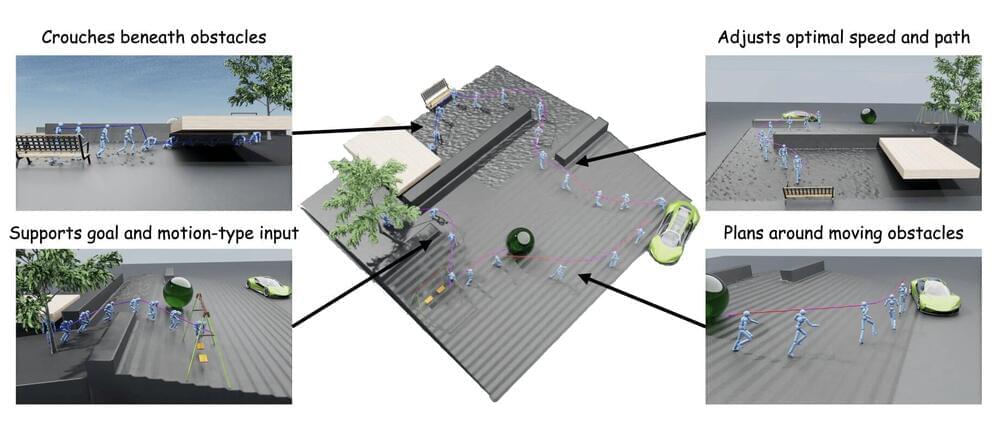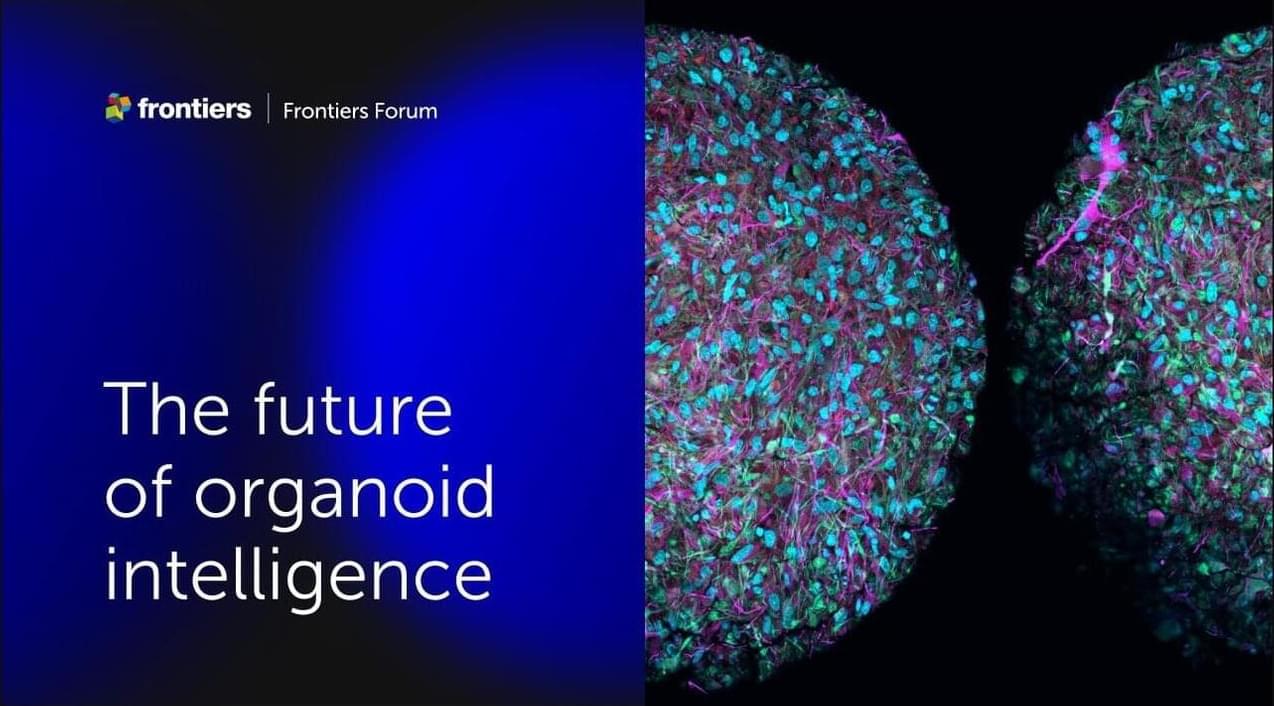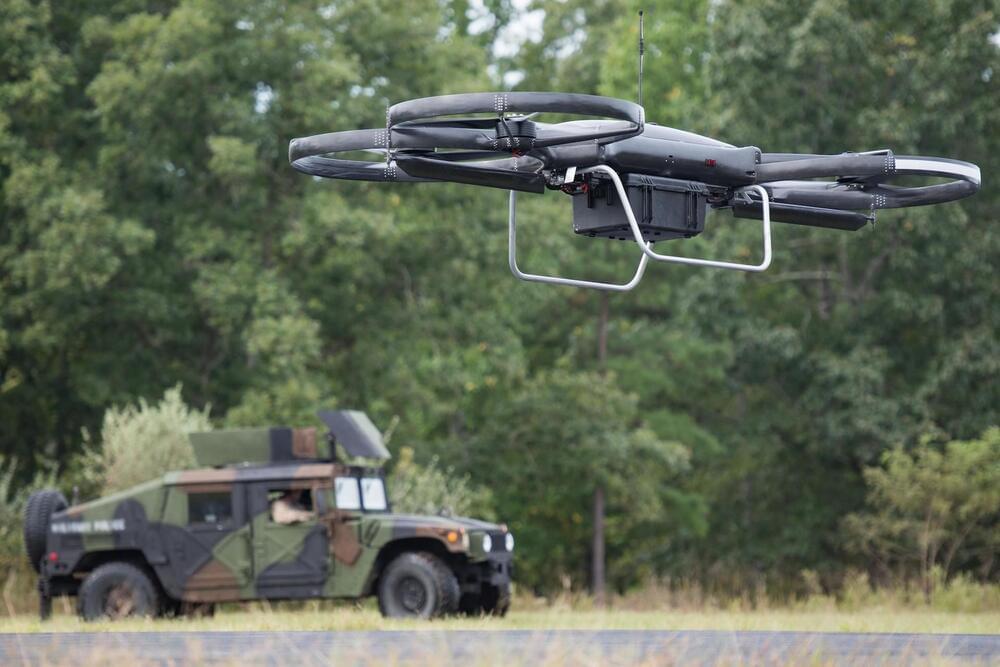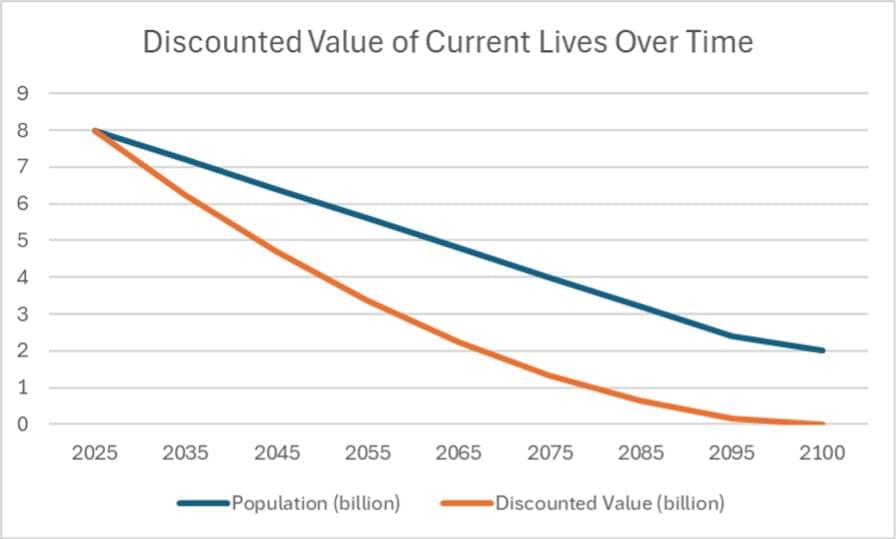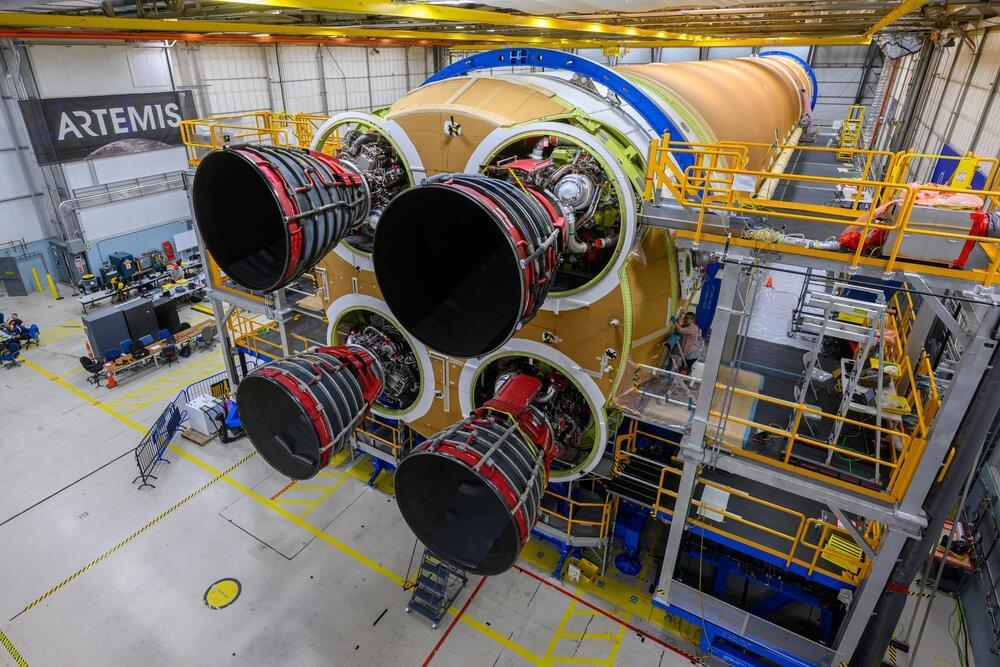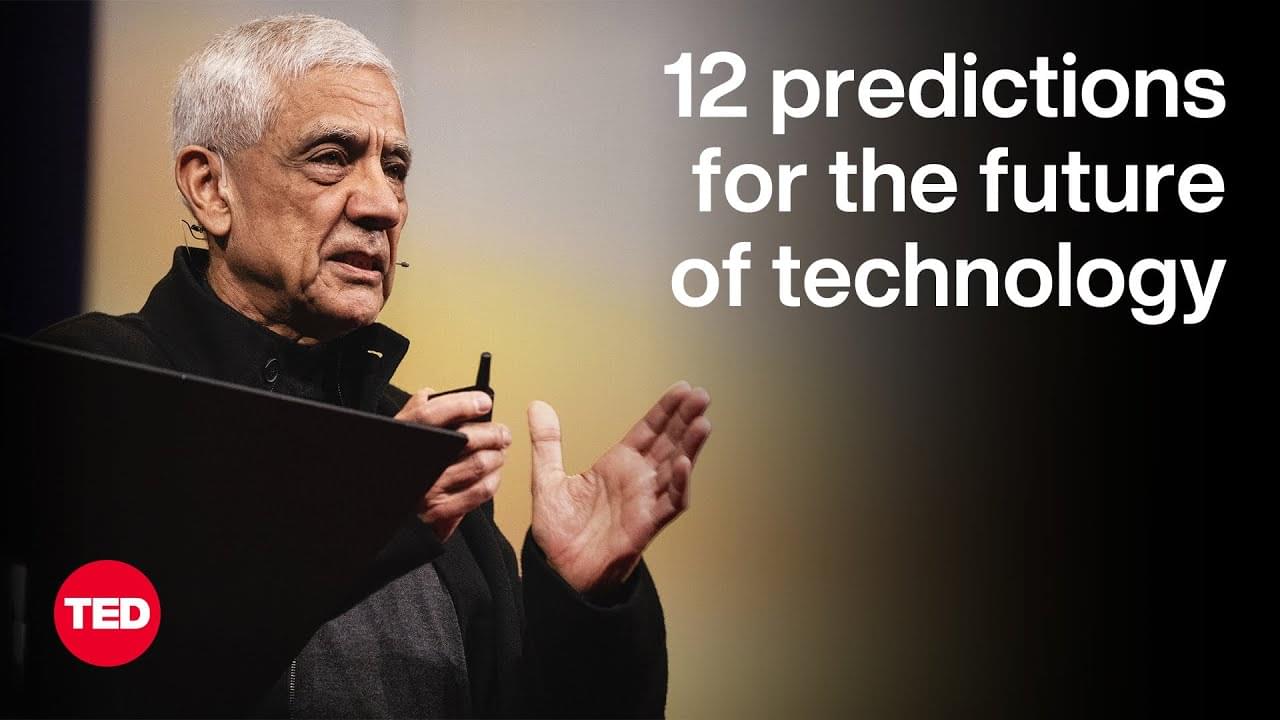Jul 10, 2024
A new model to plan and control the movements of humanoids in 3D environments
Posted by Saúl Morales Rodriguéz in categories: biotech/medical, policy, robotics/AI, virtual reality
Humanoids, robotic or virtual systems with body structures that resemble the human body, have a wide range of real-world applications. As their limbs and bodies mirror those of humans, they could be made to reproduce a wide range of human movements, such as walking, crouching, jumping, swimming and so on.
Computationally generating realistic motions for virtual humanoid characters could have interesting implications for the development of video games, animated films, virtual reality (VR) experiences, and other media content. Yet the environments portrayed in video games and animations are often highly dynamic and complex, which can make planning motions for humanoids introduced in these environments more challenging.
Continue reading “A new model to plan and control the movements of humanoids in 3D environments” »
